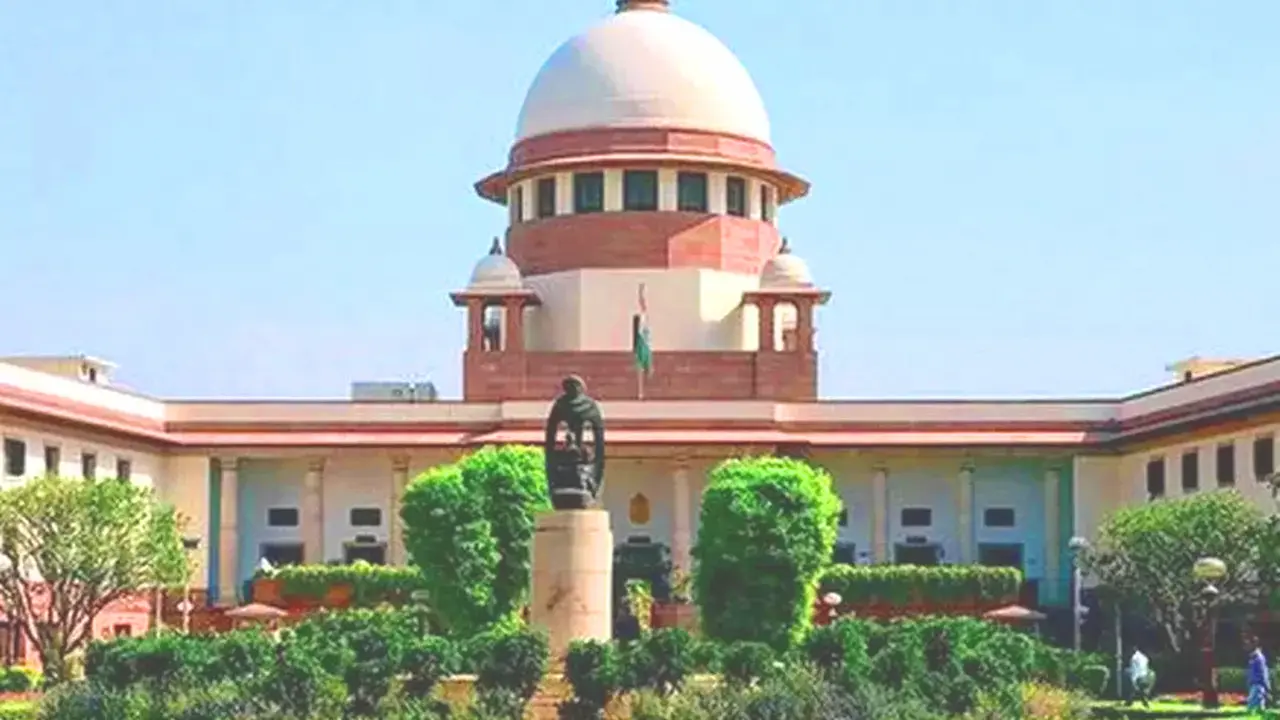Explore the Supreme Court’s decision to strike down the electoral bonds scheme, addressing concerns over donor privacy and the right to information. Understand the verdict’s impact on political financing and transparency.
Unconstitutional Electoral Bonds Scheme
The Supreme Court delivers a unanimous verdict declaring the electoral bonds scheme unconstitutional. The scheme, designed to facilitate anonymous political donations, is found to violate the right to information under Article 19(1)(a) of the Constitution. The court highlights concerns regarding transparency and accountability in political financing, emphasizing the importance of informed decision-making for the electorate.
The court’s decision stems from a case brought forward by social worker Chandrashekhar Goud under the Right to Information Act. Data obtained from the State Bank of India (SBI) revealed that a staggering 99.8% of political donations between March 2018 and January 2019 were made through electoral bonds of the highest denominations, ₹10 lakh and ₹1 crore. This raised significant concerns about the transparency of political funding and prompted the court to examine the legality of the electoral bonds scheme.
Rationale Behind the Verdict
Chief Justice D.Y. Chandrachud and Justice Sanjeev Khanna concur on the ruling, emphasizing the scheme’s infringement upon fundamental rights. The court rejects arguments suggesting the scheme’s efficacy in curbing black money, citing a lack of proportionality in restricting the right to information. The verdict underscores the need for transparency in political contributions to uphold the integrity of democratic processes.
In his lead verdict, Chief Justice Chandrachud dismantles the government’s defense of the scheme, pointing out that the anonymity of the bonds does not equate to anonymity in practice. He highlights the potential for quid pro quo arrangements between donors and political parties, further emphasizing the importance of transparency in political financing.
Impact on Political Financing
The verdict’s implications extend to corporate donations and amendments to relevant laws, including the Companies Act and the Representation of the People Act. The court criticizes the unlimited political contributions permitted by companies, highlighting the potential for undue influence in electoral processes. Amendments allowing exemptions for disclosure of contributions through electoral bonds are quashed, emphasizing the importance of transparency in political funding.
Additionally, the court raises concerns about the amendment to Section 182 of the Companies Act, 2013, which removed the cap on corporate political contributions. This move, it argues, gives companies disproportionate influence in the political process, undermining the principles of free and fair elections.
Direction for Electoral Bonds Issuance
The Supreme Court issues directives to halt further issuance of electoral bonds and mandates the State Bank of India (SBI) to furnish details of bonds purchased by political parties. Electoral bonds within the validity period but not yet encashed are to be returned, ensuring transparency and accountability in political financing. The Election Commission of India (ECI) is tasked with publishing the information shared by SBI, enhancing public awareness and scrutiny of political donations.
The court’s directives serve as a significant step towards enhancing transparency in political financing, providing citizens with vital information to make informed decisions. By striking down the electoral bonds scheme and advocating for transparency in political financing, the Supreme Court reaffirms its commitment to upholding democratic principles and safeguarding the rights of citizens.
Summary
- The Supreme Court of India on February 15 invalidated the Central Government’s electoral bond scheme which allowed for anonymous political donations.
- The Supreme Court mentioned and underlined that the electoral bond scheme violates the right to information under Article 19(1)(a) of the Constitution.
- The Supreme Court struck down the amendments made to the Income Tax Act and the Representation of People Act which helped in making such anonymous political contributions.
Now You Can Follow Our Channel On WhatsApp!
